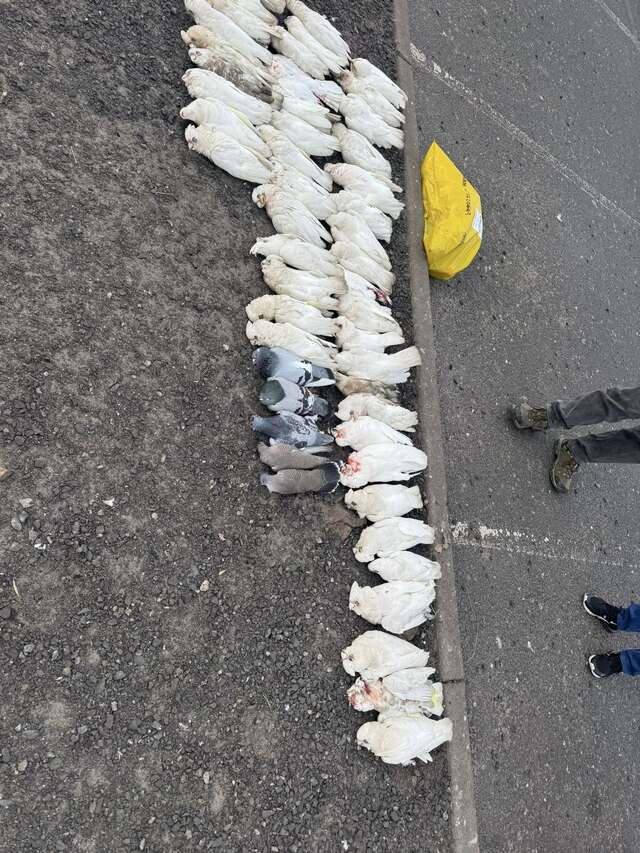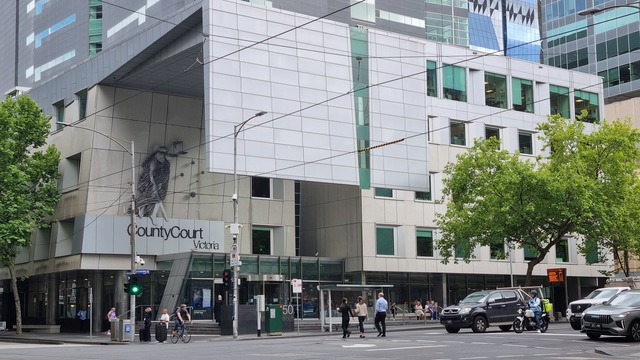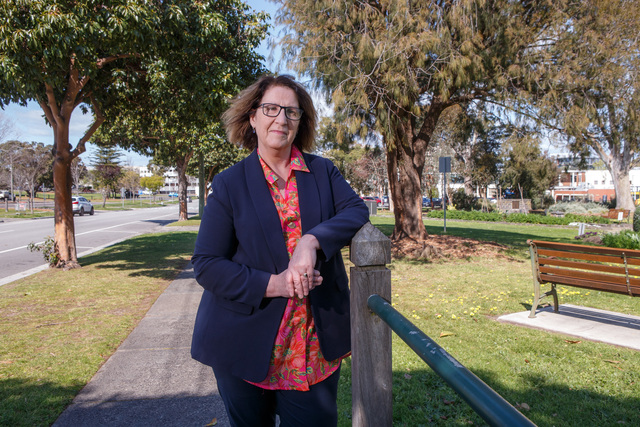Investigations have begun into more than 200 dead birds found in Springvale South from suspected poisoning in recent days.
Wildlife carer of 35 years, Michele Phillips received calls from Springvale locals on Sunday 13 July but what followed would leave anyone traumatised.
“There were birds literally falling from the skies, in front of the cars, getting run over, in the car park, it was just horrible.
“Someone definitely put out poison.
“It’s a shopping centre – all the people walking by can see them and feed them. Someone’s put poison in the food on the ground.
“Corellas mate for life. Some of the partners were sitting there nudging them, not knowing.”
The volunteer from South Oakleigh Wildlife Shelter says it took eight hours that day at the shopping centre on Athol Road to gather the dead birds mainly of corellas and a few pigeons. There were more than 200 dead and only eight survivors taken for treatment.
The following day, Ms Phillips went out and picked up another 50 dead pigeons.
She says she’s never seen anything like it.
“It’s a worry because they if do that to an animal, what would they do to a human being?
“I’m shattered, still shattered. I have to keep going, I’m doing it day by day.”
She was told dead birds were first seen and cleaned up from the area since Friday night but no one made any reports or calls.
Keysborough South Ward councillor Isabella Do says the reports are “extremely distressing”.
“While the exact cause is still unclear, harming and killing native birds is both unacceptable and illegal. These birds are a vital part of our local ecosystem.
“I am hoping that the circumstances behind this incident are uncovered quickly and that we will never see something like this happen again in our community.”
Ms Phillips urged the general public not to feed wild birds, saying there’s “plenty natural food around.”
Both RSPCA and Conservation Regulator spokespersons have confirmed an investigation is underway into the cause of death of a large number of corellas.
“Conservation Regulator does not grant Authorities to Control Wildlife allowing the use of poisoning as a control method, and has not issued an Authority to Control Wildlife for corellas in this area.”
Corellas are protected under the Wildlife Act 1975, and there are significant penalties for hunting, taking or destroying protected wildlife, including imprisonment.
Anyone who has seen sick or dead birds are advised to avoid contact with the birds and to record what they see.







